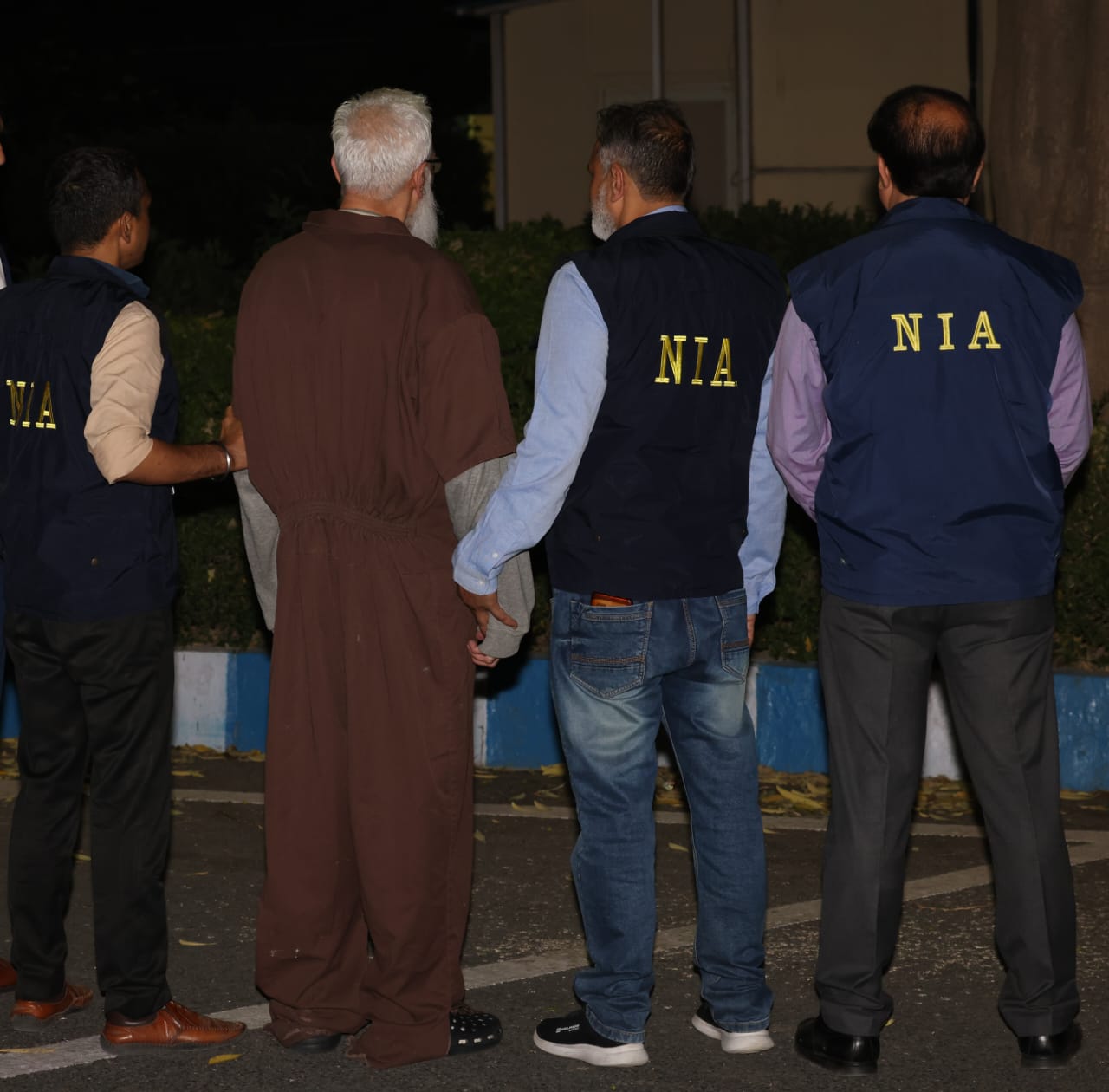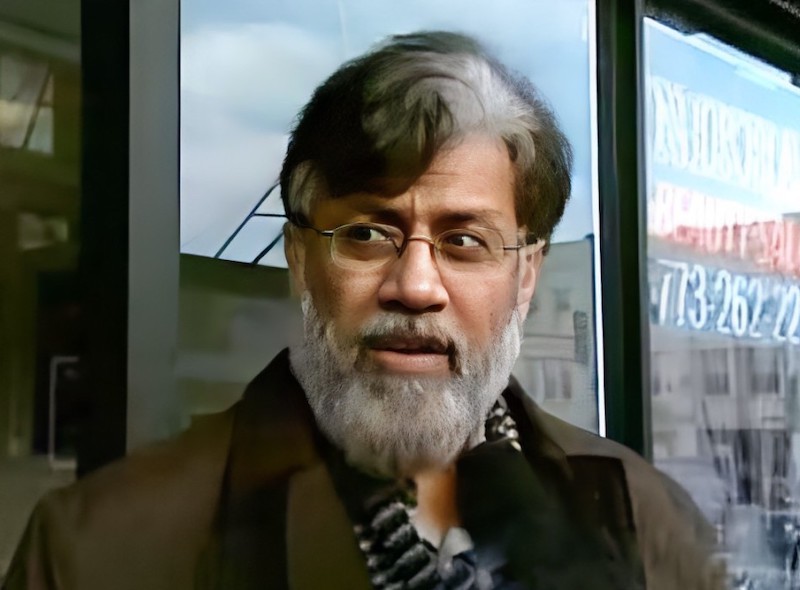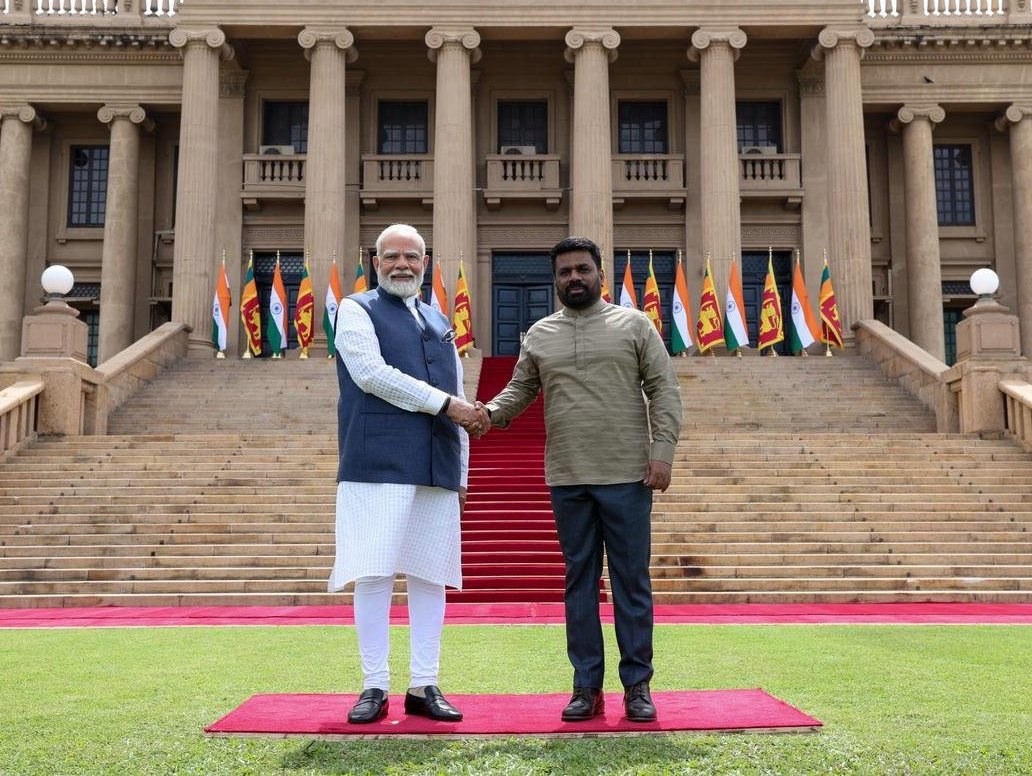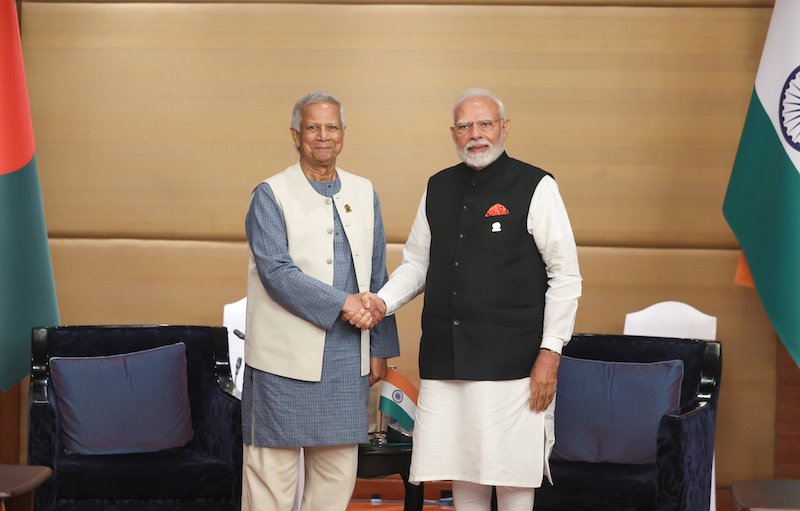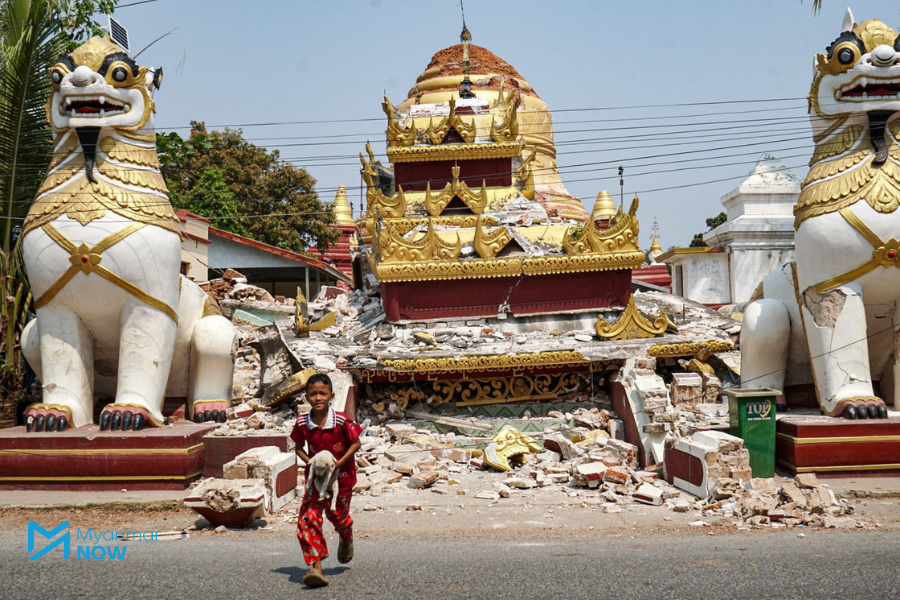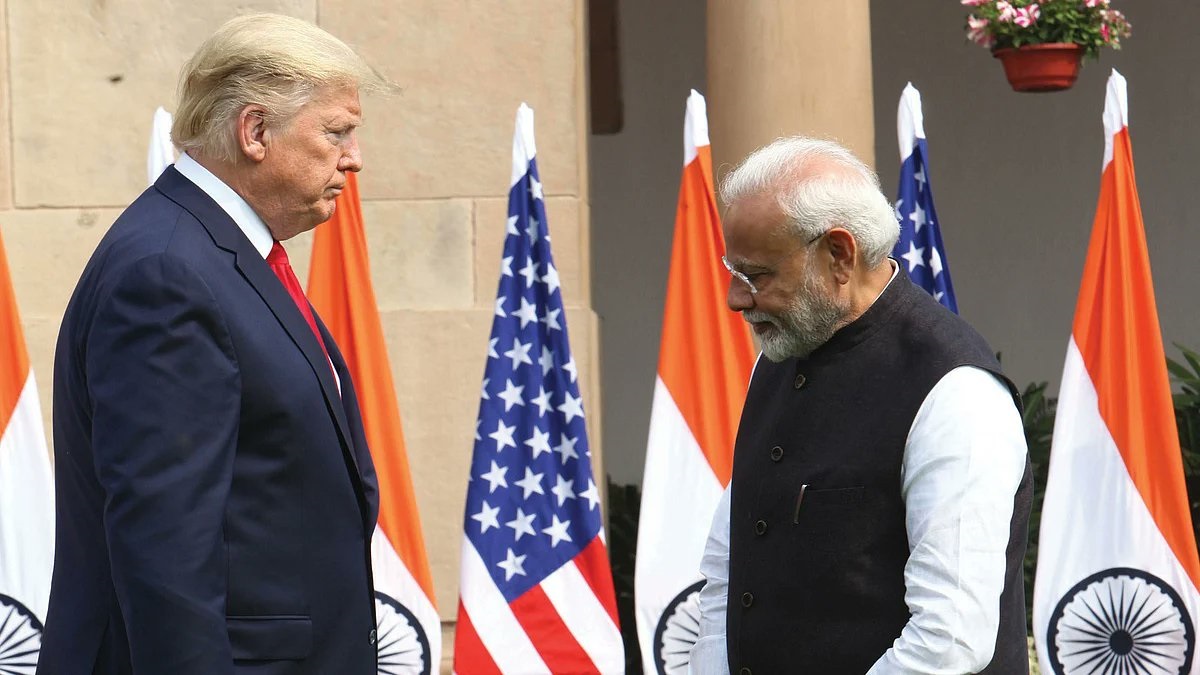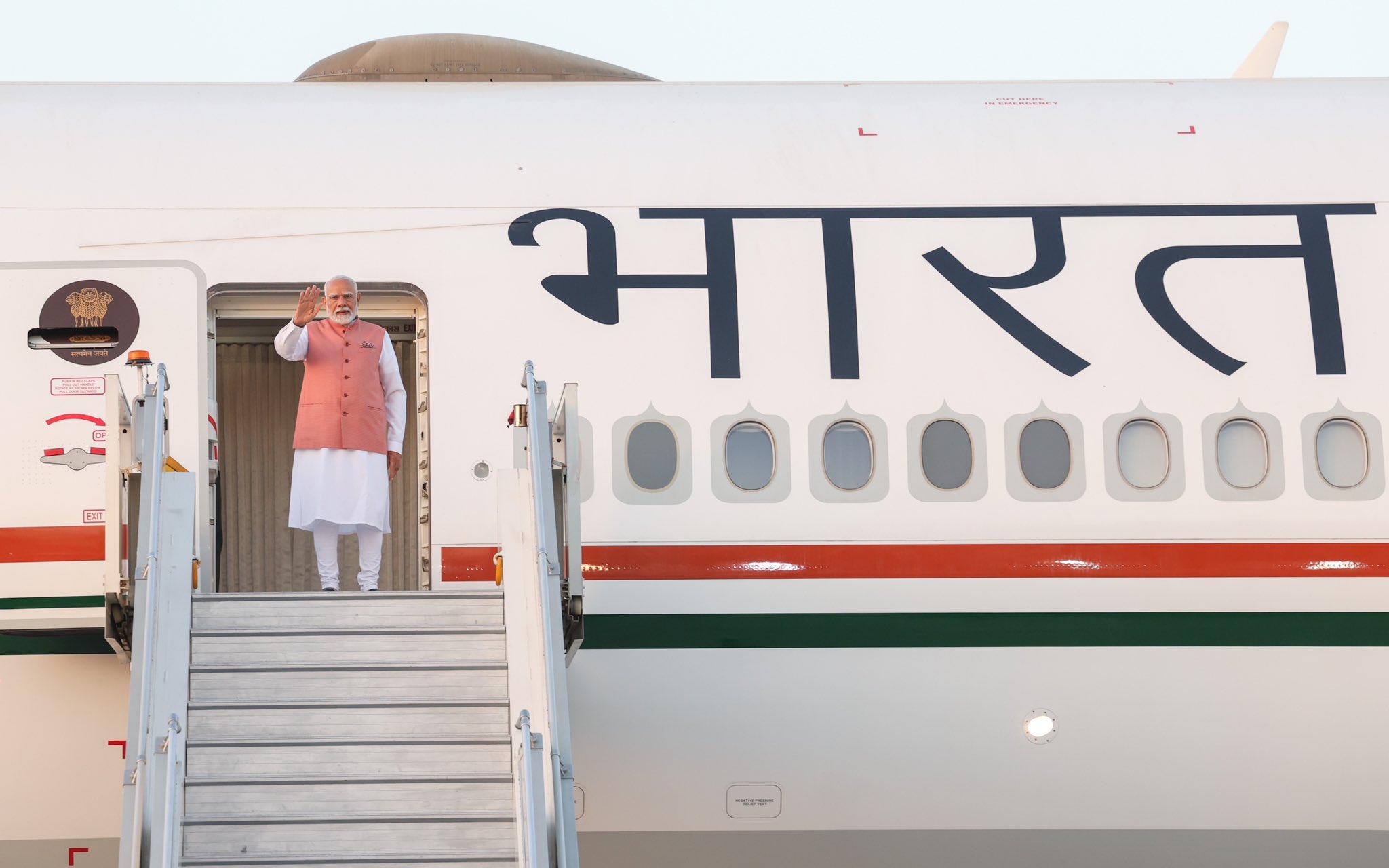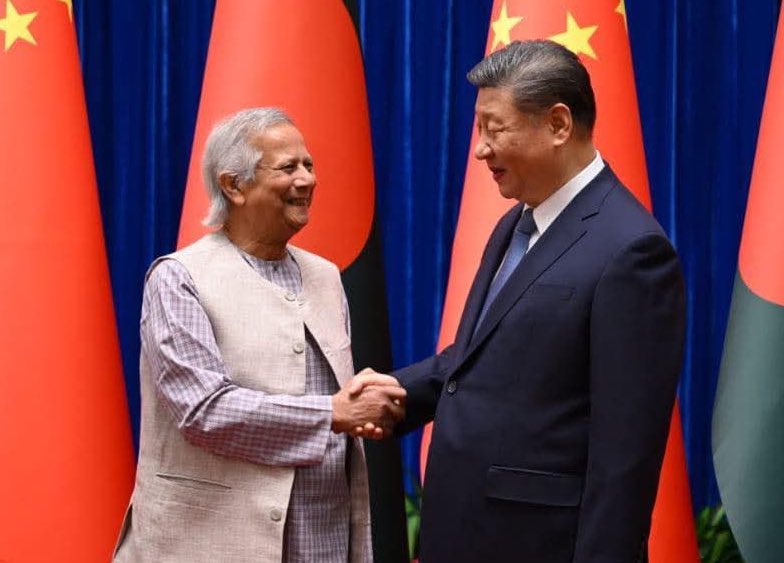
New Delhi: India on Thursday said it expects the Chinese side to work sincerely for complete disengagement and de-escalation and full restoration of peace and tranquility in the border areas.
India and China have been engaged into simmering border tensions at multiple locations in the eastern Ladakh since early May. On June 15, 20 Indian soldiers were killed in a violent face-off in Galwan valley with the China’s PLA. However, the Chinese side also suffered a massive casualties. But they have yet not revealed any figure.
Ministry of external affairs spokesperson Anurag Srivastava said during the virtual weekly briefing here on Thursday, “The two Special Representatives had agreed that early and complete disengagement of the troops along the Line of Actual Control (LAC) and de-escalation from India-China border areas in accordance with bilateral agreement and protocols and full restoration of peace and tranquility was essential for the smooth overall development of bilateral relations. India remains committed to this objective.”
“We also expect that the Chinese side will work with us sincerely for complete disengagement and de-escalation and full restoration of peace and tranquility in the border areas,” he said.
On July 5, the Special Representatives of India and China had a telephone conversation where they discussed the situation in the India China border areas and had agreed that early and complete disengagement of the troops along the Line of Actual Control (LAC) and de-escalation from India-China border areas.
Asked whether India was reviewing operation of China's Confucius Institutes in India, the spokesperson said the ministry of external affairs had in 2009 issued detailed guidelines for establishment and functioning of Foreign Cultural Centres and it also applies to any cultural centre that is supported and sponsored by an autonomous foreign organisation, including any Confucius Centre.
“Under these Guidelines, approval of MEA is required for any MoU/Agreement that such Centres might wish to enter into with an Indian organisation,” Mr Srivastava said.
“Naturally, if any Indian institution were to enter into or has entered into an arrangement which would come under the purview of these guidelines, then it would require the approval of the government,” he added.
“And as a corollary if the approval was not taken when establishing such Centers then it was not in conformity with the guidelines,” the spokesperson said.
Amid border row with the China, India has taken several steps against Chinese entities. In this regard, it had banned 59 Chinese apps, including Tik Tok, Wechat and Camscanner.


